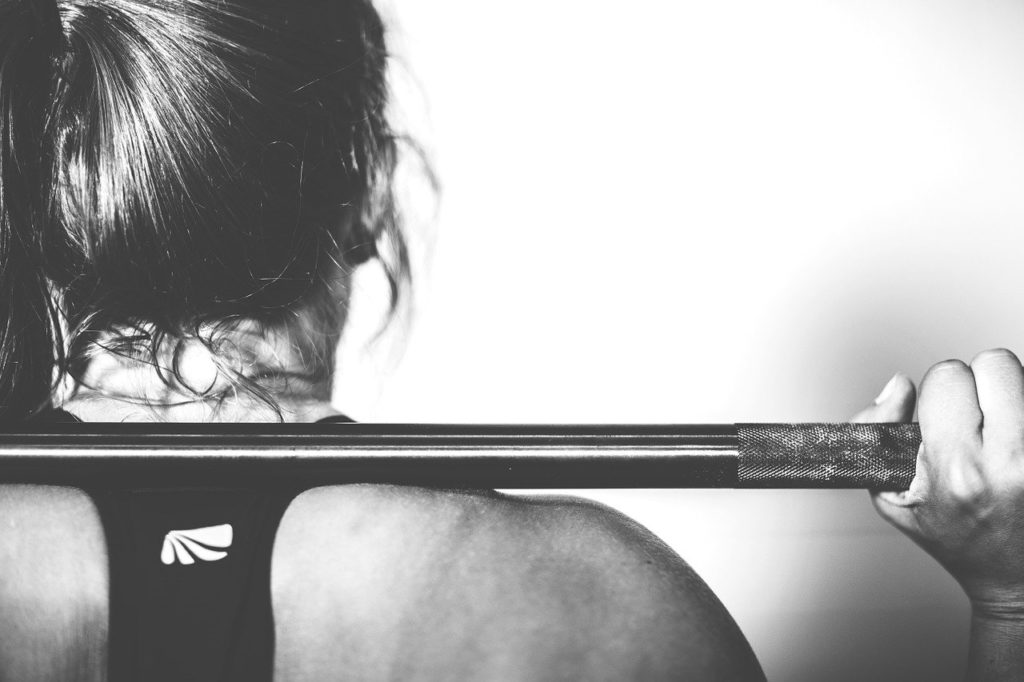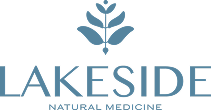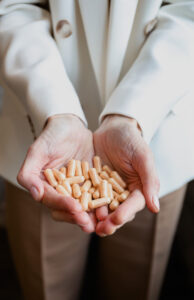Importance of Iron in Female Athletes
Post date: April 20, 2021
Author: Aidanne MacDonald-Milewski, ND


What role does iron play in the body?
Iron is one of the many minerals our body requires to carry out daily functions. Iron is a key component in the proteins which are responsible for delivering oxygen to different tissues in the body (hemoglobin and myoglobin). Iron also acts to support cellular energy production, hormone and neurotransmitter production, immune regulation, and tissue repair. Most of the body’s iron can be found roaming the blood stream freely or stored as ferritin.1
Iron deficiency is one of the most common nutrient deficiencies in female athletes.
What does iron deficiency look like?
In athletes, iron deficiency can contribute to poor exercise capacity, fatigue, light or absent periods, dizziness, shortness of breath, etc.
Why would my iron levels be low?
Iron demands in women are higher than their male counterparts. In my female patients, I frequently see low iron levels as a result of poor dietary intake due to eating a plant-based diet, frequent blood loss due to menstruation, or repetitive vigorous exercise over time. The latter is especially common in female athletes who participate in endurance exercise such as running, swimming, rowing, etc.2,3
Why would this happen? To start, vigorous exercise increases the body’s demand on tissue repair. Secondly, forces from repeated impact or use, such as footstrike in runners, cause red blood cells to rupture more quickly than in a sedentary individual. As a result, iron is lost at a higher rate and needs to be replenished through the diet.Lastly, some iron is lost when we sweat and endurance athletes sweat a lot! 2,3
How can I confirm that my iron levels are low?
By requesting an iron panel and ferritin levels. I commonly run these labs in my practice, particularly if I am working to identify potential causes of fatigue.
If my iron levels are low, how do I boost them?
Through the diet! Heme based sources of iron are the most readily absorbed form of dietary iron, and are found in animal proteins including poultry, fish, red meats, and organ meat. Iron can also be found in plant-based sources including beans, legumes, spinach, seeds, and prune juice.
Supplementation is also a great option for athletes who adhere to a plant-based or vegetarian diet.
Your Naturopathic Doctor is well equipped to develop a personalized diet plan and supplementation protocol to fit your iron needs. Reach out to discuss this with your ND today!
References:
1.) Kerksick CM, Wilborn CD, Roberts MD, et al. ISSN exercise & sports nutrition review update: research & recommendations. J Int Soc Sports Nutr. 2018;15.
2.) Alaunyte I, Stojceska V, Plunkett A. Iron and the female athlete: a review of dietary treatment methods for improving iron status and exercise performance. J Int Soc Sports Nutr. 2015;12(1):38.
3.) Gastrich MD, Quick V, Bachmann G, Moriarty AM. Nutritional risks among female athletes. Journal of Women’s Health. 2020;29(5):693-702
Explore Related Posts:




